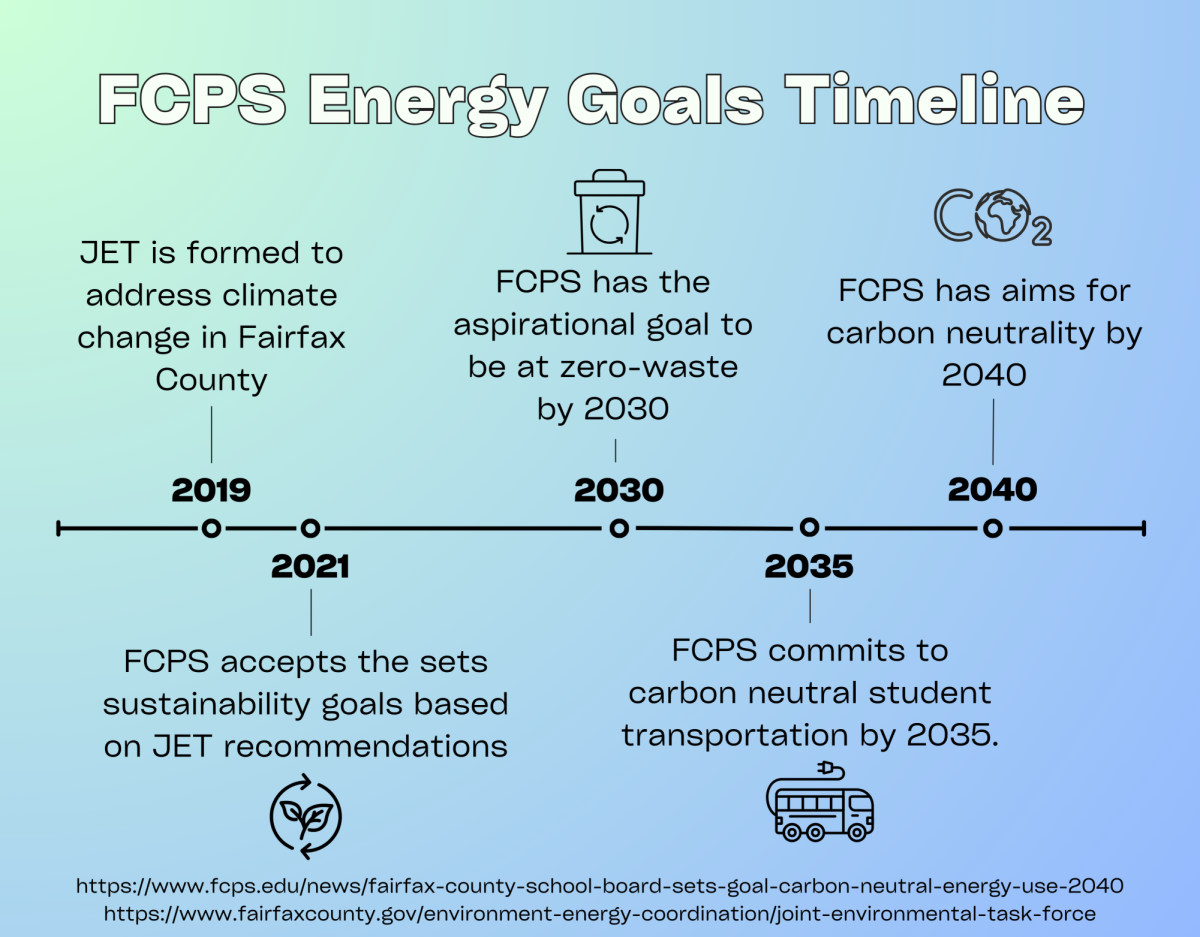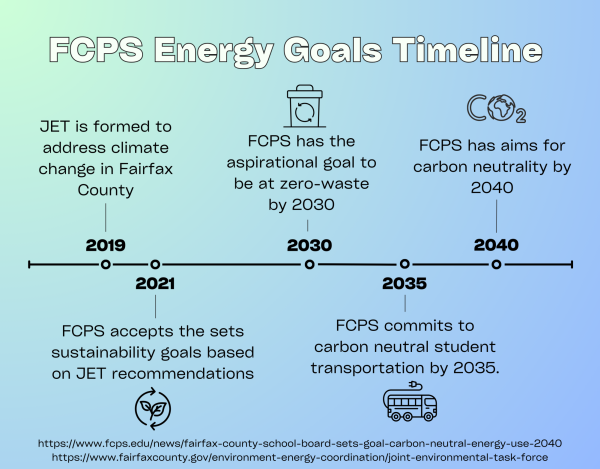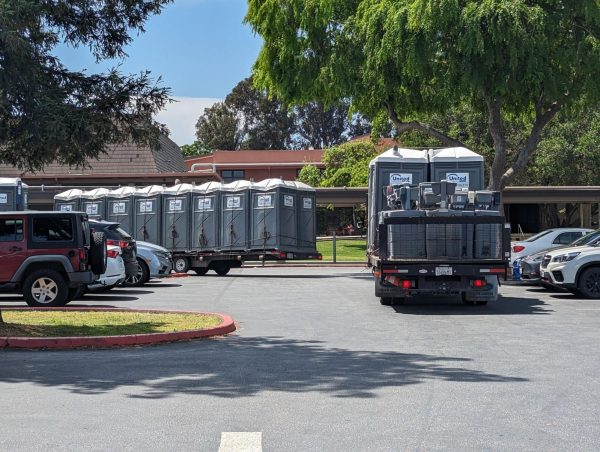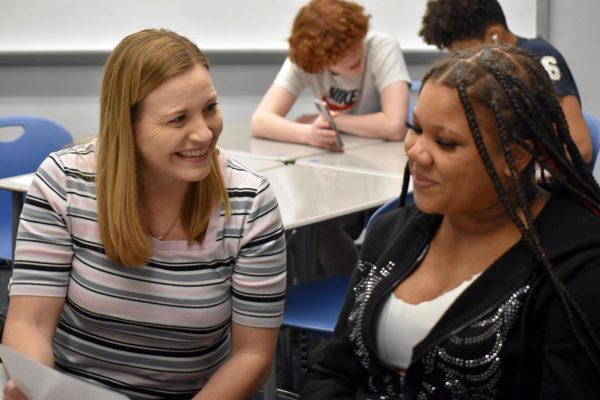Bright Futures is in danger
Peyton Sutch
To apply for Bright Futures, students must complete forms logging their volunteer hours.
March 26, 2021
The average cost of in-state tuition at Florida State University and the University of Florida is $21,000 a year. The University of Central Florida is slightly less at about $17,000 a year but that is still a hefty sum that most people cannot afford out of pocket.
Financial aid is one of the best ways for students to avoid debt and make college a more realistic option. Many Florida students apply for Bright Futures Scholarships in order to earn money to pay for college tuition however, that could be coming to an end for some with untraditional majors and previous college credits.
Senate Bill 86 was introduced in the Florida Senate on March 2 and attempts to amend chapters of the 2011 Florida Statutes outlining fee exemptions. One of the biggest amendments proposed is to reduce funding for qualifying students; if passed, Bright Futures would only give funding to majors that the State Board of Education and Board of Governors deem “lead directly to employment.”
While the algorithm has not been made clear yet, it appears that both boards would look at the percentage of employment in each major and rank majors based on that percentage. Only majors with the highest rate of employment would receive funding.
This has raised concerns not only to students that will be directly impacted but educators that want the best for their schools.
“Bright Futures has brought so many opportunities for so many of our kids over the years, that is of course concerning when changes are being made,” Principal Robert Frasca said.
The bill has received a lot of attention from seniors and current college students, especially those that plan to receive Bright Futures and are basing their college decision off of that. Senior Tai Markman is undecided about where she will attend school and is factoring the bill into her decision especially as she looks at out of state options.
“I find it ridiculous that there are certain majors or fields of study that would be on this list and certain ones that wouldn’t,” Markman said. “We cannot keep perpetuating the idea that there are more valuable fields of study, thus seemingly making more valuable people.”
Additionally, the bill states that starting in the 2022-23 school year “eligibility for state financial aid awards and tuition assistance grants must be reevaluated each term based on the program of study to which the student has been admitted and in which he or she is enrolled.” This means that every year the list of qualifying majors that are able to receive financial aid will be changed and there is no sense of stability for students in terms of financial assistance ahead of time.
“How can someone be expected to create a financial future for themselves when they have no way of knowing if their momentarily secure career choice will be affordable the next year?” senior Brooke White said.
Other concerns include that the bill could be the first of many to limit funding for education in the future. White has been working towards Bright Futures since middle school and even though it would not affect her decision to go to the University of Central Florida, she has many concerns for the bill and what it means.
“I think that this bill is a slippery slope into decreased funding for education. Those who earn bright futures deserve Bright Futures. It’s as simple as that,” White said.
It also begins to deduct the amount of funding received by students that have taken Advanced Placement or were apart of the International Baccalaureate Program.“The maximum number of credit hours which can be awarded must be reduced by the number of postsecondary credit hours the student has earned from articulated acceleration mechanisms.” It is unclear exactly how that will be calculated, but a possible interpretation is that for every AP or IB credit you receive that is one less college credit you would be allocated under Bright Futures funding.
Current college students would also be affected with the passage of the bill, another complex factor leading many students to pay attention. UCF freshman Krunali Brahmbhatt, who is double majoring in public administration and public relations, is currently accepting Bright Futures and plans to for the rest of her time at UCF and is additionally concerned about her previous status as an IB student and how that would affect her funding in the future.
“Most of my friends are college students I know chose to go to college in Florida just because of Bright Futures and many of them also will not be able to afford college or go to college without Bright Futures,” Brahmbhatt said.
Since the bill’s introduction, there has been an amendment proposed that would take out the deduction of funding for students that have already received college credits but the distribution for Bright Futures is still left unclear which likely means that the amount of money received by students would still be recalculated every year.
The ending of Bright Futures would mean the reassessment of many career and college choices for students from across the state of Florida. The threat to any crucial financial aid detrimental but especially one that would narrow the possible achievements of many low income families.
“There’s a lot of immediate effects…it’s something that I think that people have to keep their eyes on…especially those who are affected directly,” Frasca said.
This story was originally published on Hagerty Journalism Today on March 11, 2021.































![IN THE SPOTLIGHT: Junior Zalie Mann performs “I Love to Cry at Weddings,” an ensemble piece from the fall musical Sweet Charity, to prospective students during the Fine Arts Showcase on Wednesday, Nov. 8. The showcase is a compilation of performances and demonstrations from each fine arts strand offered at McCallum. This show is put on so that prospective students can see if they are interested in joining an academy or major.
Sweet Charity originally ran the weekends of Sept. 28 and Oct. 8, but made a comeback for the Fine Arts Showcase.
“[Being at the front in the spotlight] is my favorite part of the whole dance, so I was super happy to be on stage performing and smiling at the audience,” Mann said.
Mann performed in both the musical theatre performance and dance excerpt “Ethereal,” a contemporary piece choreographed by the new dance director Terrance Carson, in the showcase. With also being a dance ambassador, Mann got to talk about what MAC dance is, her experience and answer any questions the aspiring arts majors and their parents may have.
Caption by Maya Tackett.](https://bestofsno.com/wp-content/uploads/2024/02/53321803427_47cd17fe70_o-1-1200x800.jpg)
![SPREADING THE JOY: Sophomore Chim Becker poses with sophomores Cozbi Sims and Lou Davidson while manning a table at the Hispanic Heritage treat day during lunch of Sept 28. Becker is a part of the students of color alliance, who put together the activity to raise money for their club.
“It [the stand] was really fun because McCallum has a lot of latino kids,” Becker said. “And I think it was nice that I could share the stuff that I usually just have at home with people who have never tried it before.”
Becker recognizes the importance of celebrating Hispanic heritage at Mac.
“I think its important to celebrate,” Becker said. “Because our culture is awesome and super cool, and everybody should be able to learn about other cultures of the world.”
Caption by JoJo Barnard.](https://bestofsno.com/wp-content/uploads/2024/01/53221601352_4127a81c41_o-1200x675.jpg)













